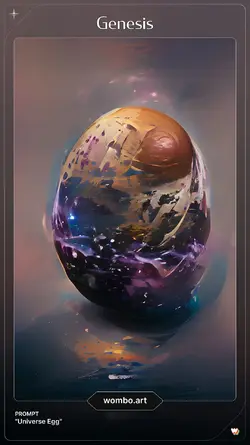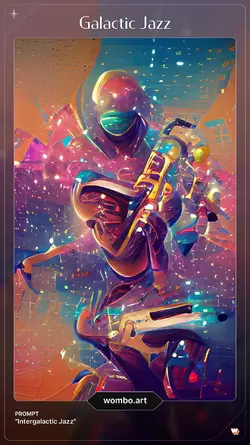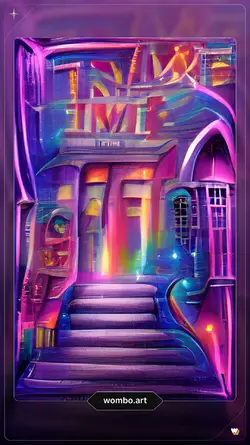Here and there I read about AI artists.
DEBATE: Do they simply mimic and copy other works of art and photos based on their programming, or are can they be creative?
"If an AI lacks the self-awareness to reflect on its actions and experiences, and to communicate its creative intent, then is it truly creative? Or is the creativity still with the author who fed it data and directed it to act?"
On one hand, we humans refer to images in our brains when making art, and so does AI, but does the lack of emotion make it a programmed response rather than creative, unique art? AI is not self aware. What are your thoughts?
https://www.sciencenews.org/article/artificial-intelligence-ai-creativity-art-computer-program
DEBATE: Do they simply mimic and copy other works of art and photos based on their programming, or are can they be creative?
"If an AI lacks the self-awareness to reflect on its actions and experiences, and to communicate its creative intent, then is it truly creative? Or is the creativity still with the author who fed it data and directed it to act?"
On one hand, we humans refer to images in our brains when making art, and so does AI, but does the lack of emotion make it a programmed response rather than creative, unique art? AI is not self aware. What are your thoughts?
https://www.sciencenews.org/article/artificial-intelligence-ai-creativity-art-computer-program






